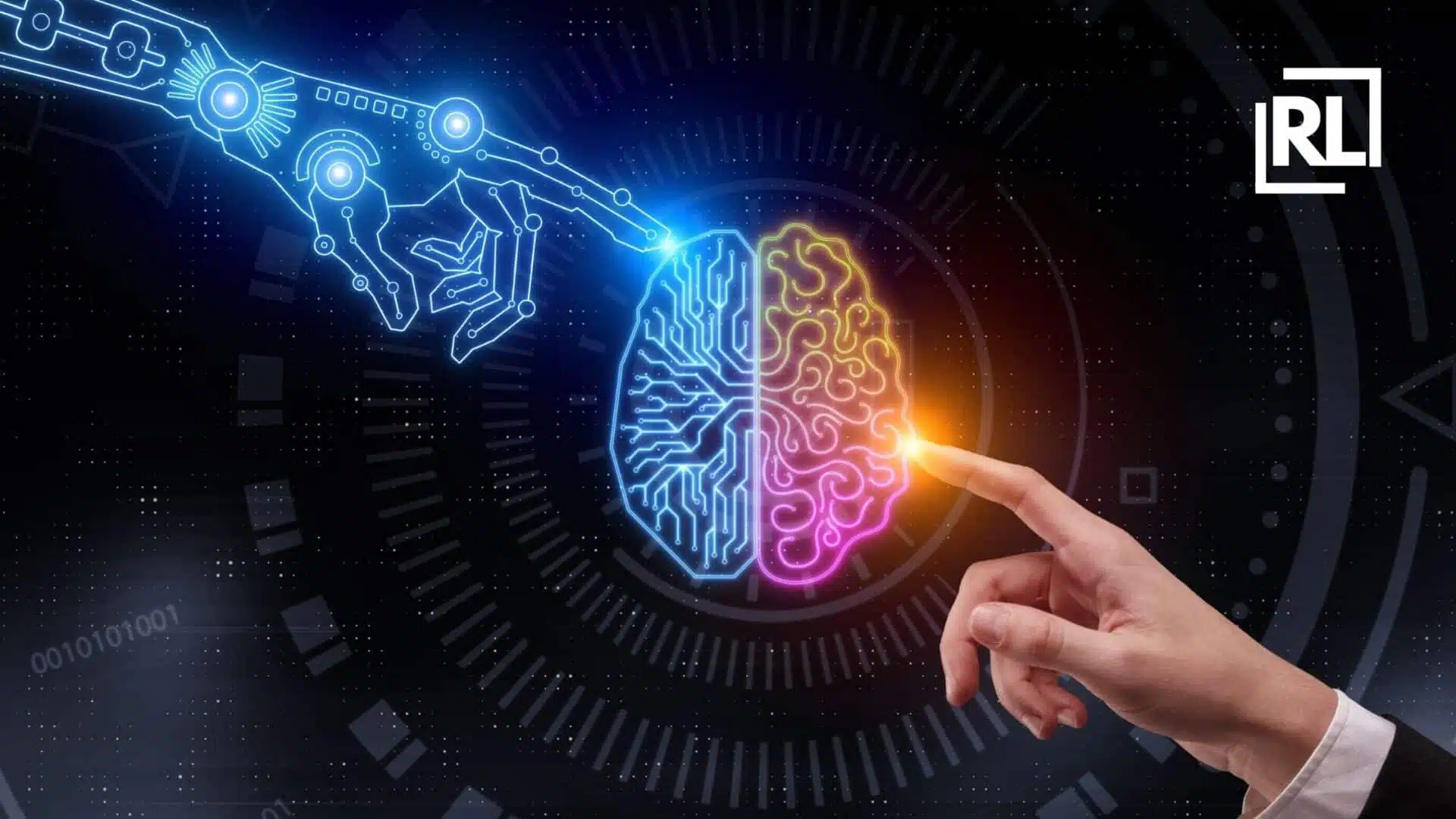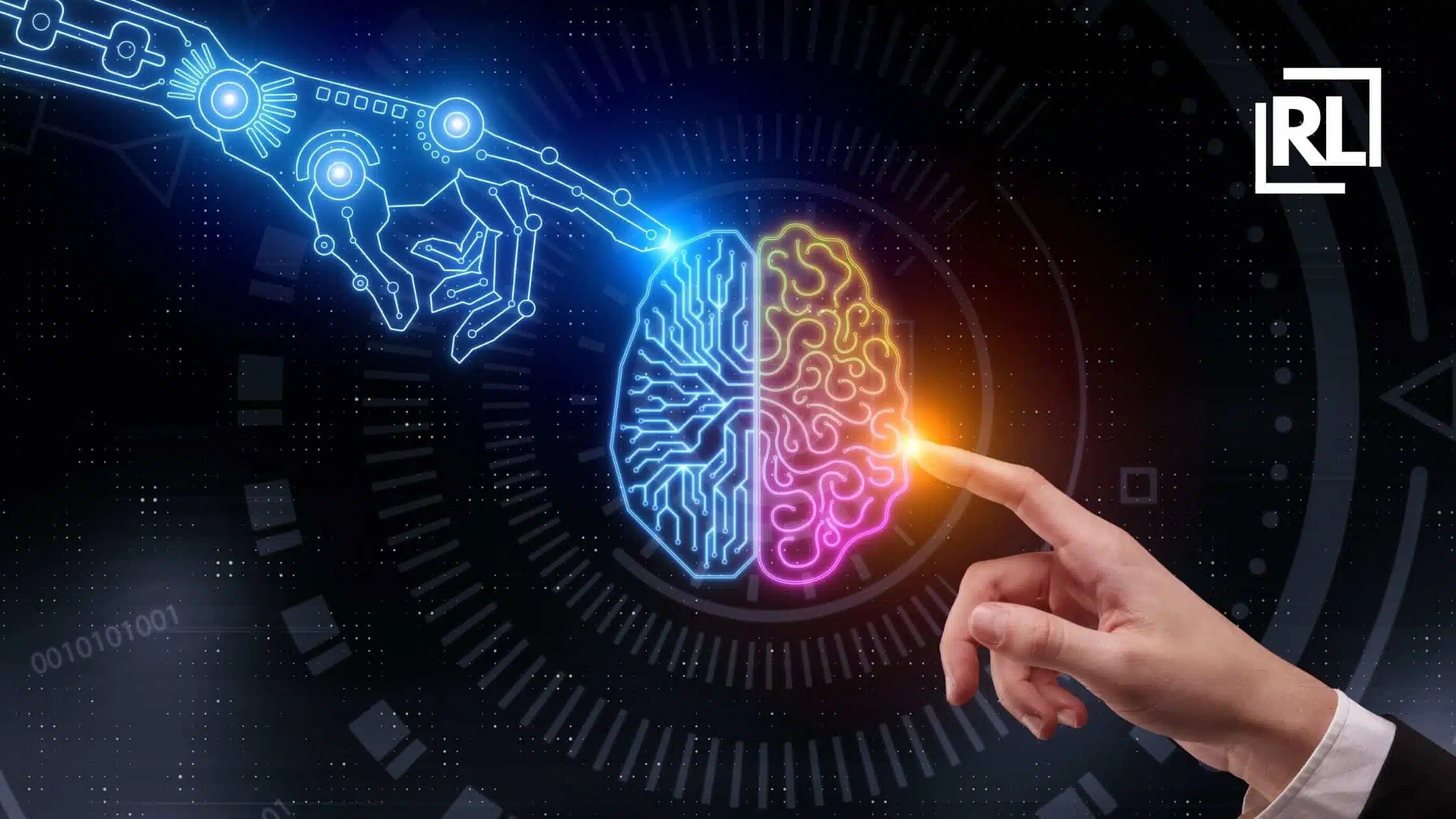Introduction
The recruitment landscape is at a crossroads, where the traditional meets the technological. As we venture deeper into the 21st century, it’s becoming increasingly clear that the future of recruitment lies in a harmonious blend of time-honored methods and cutting-edge AI innovations. This blog explores how the integration of AI into traditional recruitment practices is not just reshaping the industry but also setting a new standard for efficiency, effectiveness, and equity in hiring.
The Synergy of Tradition and Technology
1. The Enduring Value of Human Insight
While AI brings unmatched efficiency and analytical power, the human element in recruitment remains irreplaceable. Skills such as emotional intelligence, nuanced judgment, and relationship-building are the hallmarks of traditional recruitment that AI cannot replicate. Therefore, the future of recruitment emphasizes a partnership where AI enhances human decision-making, not replaces it.
2. AI: A Tool for Empowerment, Not Replacement
AI in recruitment is best viewed as a powerful tool that empowers recruiters. From automating mundane tasks like resume screening to providing predictive analytics for better decision-making, AI innovations are designed to augment the human aspect of recruitment, enabling professionals to focus on more strategic and interpersonal elements of their roles.
Transforming Recruitment with AI
1. Enhanced Candidate Sourcing and Screening
AI algorithms can process vast amounts of data to identify potential candidates, even those who are not actively seeking new roles. Furthermore, AI-driven screening tools can quickly evaluate candidates based on experience, skills, and cultural fit, significantly reducing the time and effort required for initial screening.
2. Predictive Analytics for Strategic Hiring
Predictive analytics is revolutionizing how organizations plan their talent acquisition. By analyzing trends and patterns in recruitment data, AI can predict future hiring needs, helping companies to proactively build their talent pipelines.
3. Reducing Unconscious Bias
AI has the potential to make recruitment more equitable by minimizing unconscious biases that can influence human decision-making. By relying on data-driven assessments, AI can help create a more diverse and inclusive workforce.
4. Improving Candidate Experience
AI-powered chatbots and virtual assistants can provide immediate, personalized responses to candidate inquiries, improving the overall candidate experience. This not only enhances the employer brand but also ensures a more engaging and inclusive recruitment process.
Balancing the Equation: AI and Human Judgment
The ultimate goal is to balance AI’s analytical prowess with human intuition and empathy. For instance, while AI can shortlist candidates based on qualifications and experience, human recruiters can assess candidates’ soft skills and cultural fit during interviews.
The Future is Collaborative
As we look ahead, the future of recruitment will likely be characterized by a collaborative model where AI and human expertise work in tandem. This collaboration promises a more efficient, fair, and comprehensive approach to talent acquisition, one that respects the strengths of both technology and the human touch.
Conclusion
The recruitment industry is evolving, with AI innovations offering exciting possibilities to enhance traditional methods. By embracing this blend of technology and human insight, recruiters can not only streamline their processes but also foster a more inclusive and dynamic hiring landscape. The future of recruitment, therefore, lies in this synergistic approach, where tradition and technology together pave the way for a more effective and equitable recruitment paradigm.





